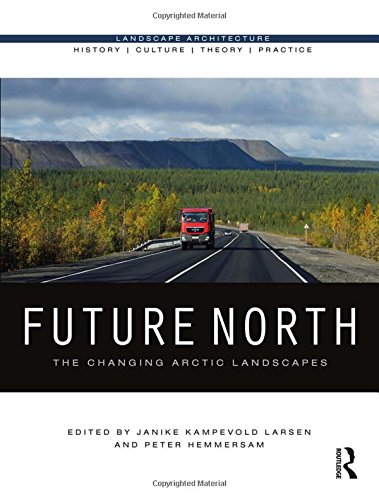

Most ebook files are in PDF format, so you can easily read them using various software such as Foxit Reader or directly on the Google Chrome browser.
Some ebook files are released by publishers in other formats such as .awz, .mobi, .epub, .fb2, etc. You may need to install specific software to read these formats on mobile/PC, such as Calibre.
Please read the tutorial at this link: https://ebookbell.com/faq
We offer FREE conversion to the popular formats you request; however, this may take some time. Therefore, right after payment, please email us, and we will try to provide the service as quickly as possible.
For some exceptional file formats or broken links (if any), please refrain from opening any disputes. Instead, email us first, and we will try to assist within a maximum of 6 hours.
EbookBell Team

4.0
86 reviewsThe changing Arctic is of broad political concern and is being studied across many fields. This book investigates ongoing changes in the Arctic from a landscape perspective. It examines settlements and territories of the Barents Sea Coast, Northern Norway, the Russian Kola Peninsula, Svalbard and Greenland from an interdisciplinary, design-based and future-oriented perspective.
The Future North project has travelled Arctic regions since 2012, mapped landscapes and settlements, documented stories and practices, and discussed possible futures with local actors. Reflecting the multidisciplinary nature of the project, the authors in this book look at political and economic strategies, urban development, land use strategies and local initiatives in specific locations that are subject to different forces of change.
This book explores current material conditions in the Arctic as effects of industrial and political agency and social initiatives. It provides a combined view on the built environment and urbanism, as well as the cultural and material landscapes of the Arctic. The chapters move beyond single-disciplinary perspectives on the Arctic, and engage with futures, cultural landscapes and communities in ways that build on both architectural and ethnographic participatory methods.